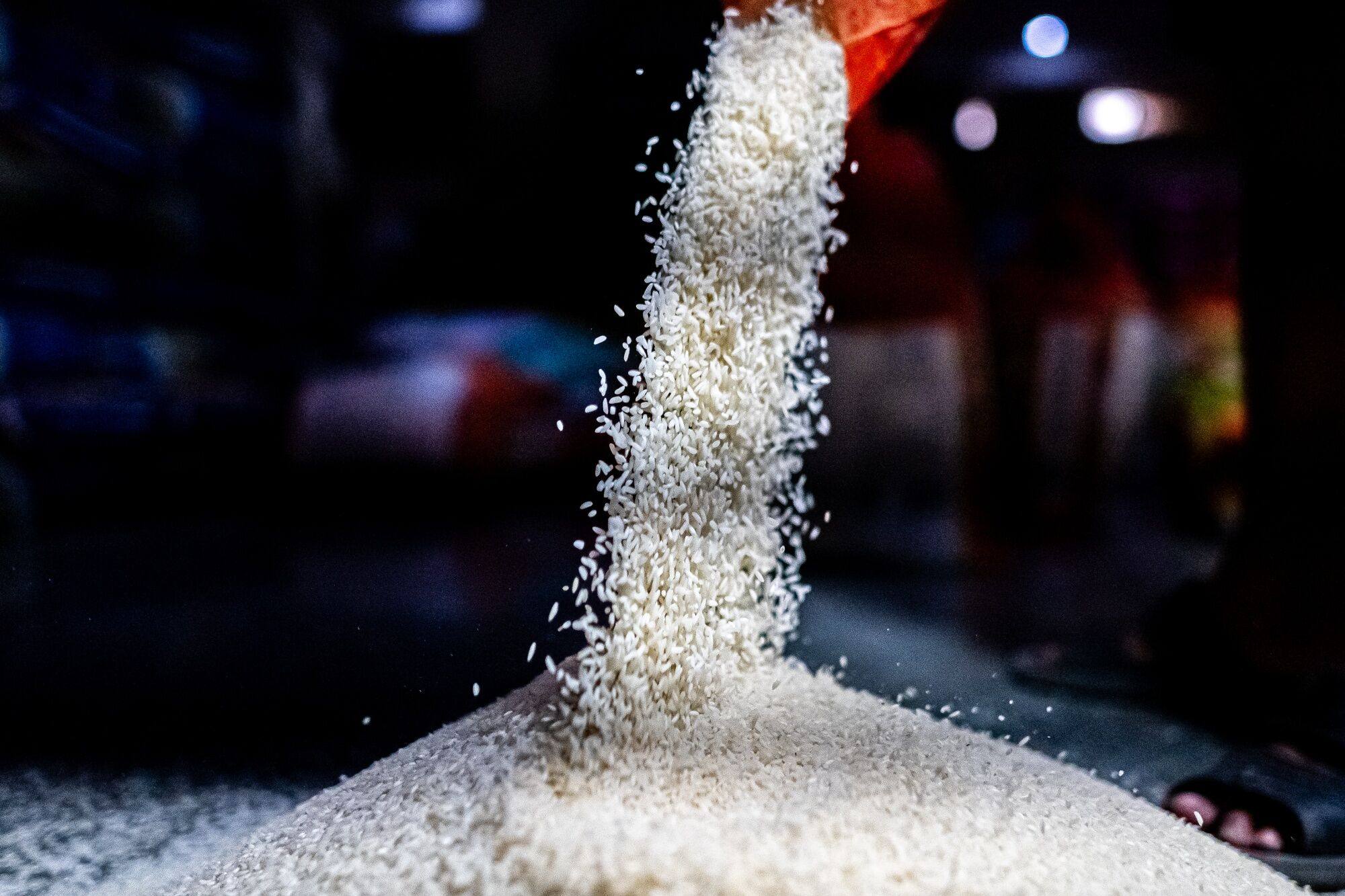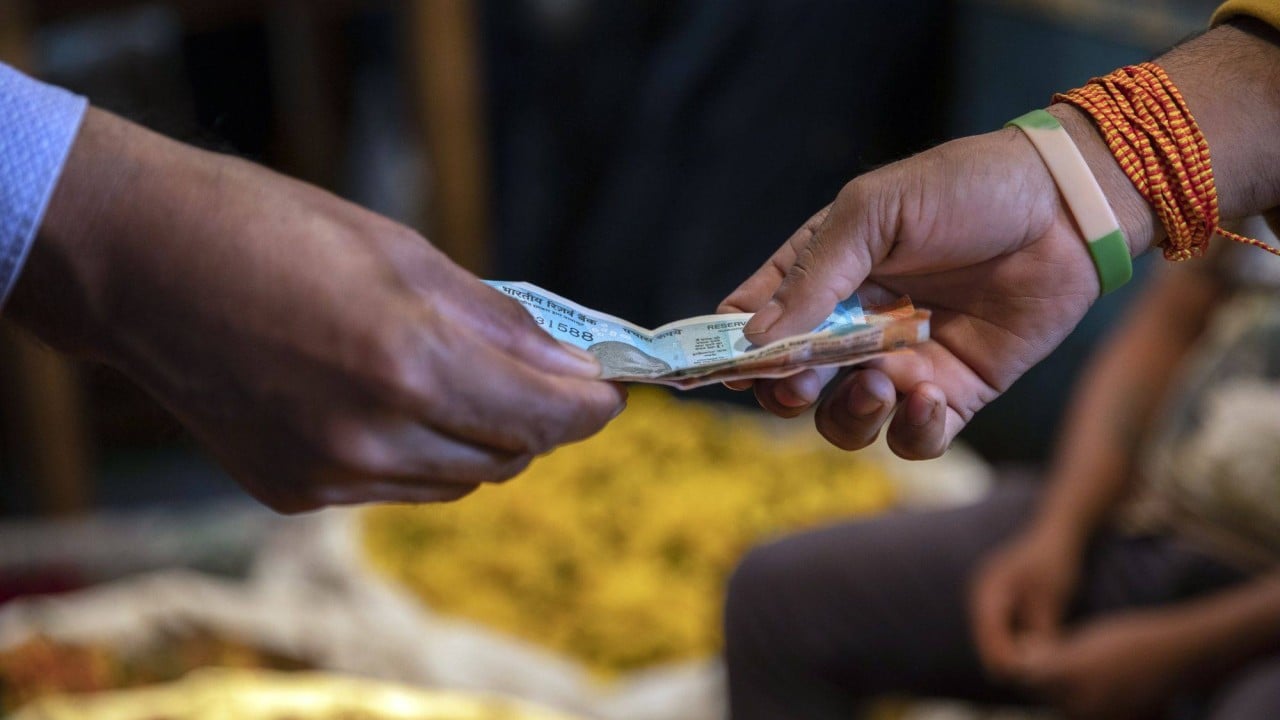From the most remote corners of India to the UK and France, a common theme has emerged for voter dissatisfaction halfway through the year of elections – high inflation.
Prices of essential goods increased over several months due to supply disruptions caused by the conflicts in Ukraine and Gaza, as well as the effects of climate change.
However, relief appears to be on the way after unprecedented summer heatwaves. Monsoon rains in the Indian subcontinent have picked up in July, likely erasing a rain deficit that parched fields in the world’s top rice supplier.
The World Meteorological Organisation forecasts that El Nino conditions, which fuelled a rise in global temperatures this year, will transition to La Nina from July onwards, bringing plentiful rains.
This is expected to favour growing conditions for crops in India and Southeast Asia, which are major rice exporters. India has already indicated this month it would relax export curbs on certain rice varieties, likely reducing prices internationally.
Along with cooling food inflation, an oil supply glut is expected to moderate or keep a lid on prices of the commodity. That follows Opec’s decision to end voluntary production cuts from October and signs of slowing demand from top consumer China.
Easing conditions are likely to set the stage for central bank interest rate cuts later in the year, promising relief for middle class consumers struggling with costs like home loan repayments.

Yet swathes of the world may not experience any immediate relief due to a couple of factors: high levels of debt stress have stretched the government machinery in developing countries, and people in conflict zones remain out of bounds for aid relief.
Acute hunger has enveloped 282 million people across the world including Ethiopia, South Sudan, Gaza, as well as in parts of Asia such as Myanmar and Bangladesh, according to Hanna Saarinen, Oxfam International’s Food Policy Lead.
Asian and African countries that are net food importers have suffered the most because on an average they spend more than half of their income on food. Stretched aid funding means that refugee rations have been cut for several years, Saarinen said.
Refugee families often have to decide whether to spend their meagre resources on food, medicine or education. That is an unbearable burden forced upon people who are in no position to find a way out.
It begs the question on the role of wealthy nations, whether they will step forward to bail out these countries or pay lip service.
G7 nations met in Italy last month and launched an Apulia Food Systems Initiative to improve food security and nutrition, critics argue that it remains oblivious to resolving the problem of chronic hunger immediately.
In uncertain geopolitical times, it’s crucial for regional neighbour to cooperate rather than waiting for wealthier nations to act
Some of the largest industrial nations, who for years have spewed emissions and triggered the climate crisis, also bear responsibility for weatherproofing small tracts of land that dominate farmers’ holdings in developing nations in Asia.
Climate activists believe that wealthy nations are reluctant to share green technologies with developing nations to mitigate the ever-growing problem of fluctuating weather and build cleaner supply chains with renewables.
It is here that regional groups like Brics – Brazil, Russia, India, China and South Africa, which expanded to include Egypt, Ethiopia, Iran and the United Arab Emirates this year, can play an important role by exerting pressure on the West, but also helping smaller nations.
Countries like China and India have strong green technology programmes, and Southeast Asian nations like Thailand and Vietnam, as leading rice producers, could help establish a shared food resources pool.
In uncertain geopolitical times, regional neighbours must cooperate rather than wait for wealthier nations to act.
Self-help can go a long way because the next weather disaster may be lurking round the corner.


